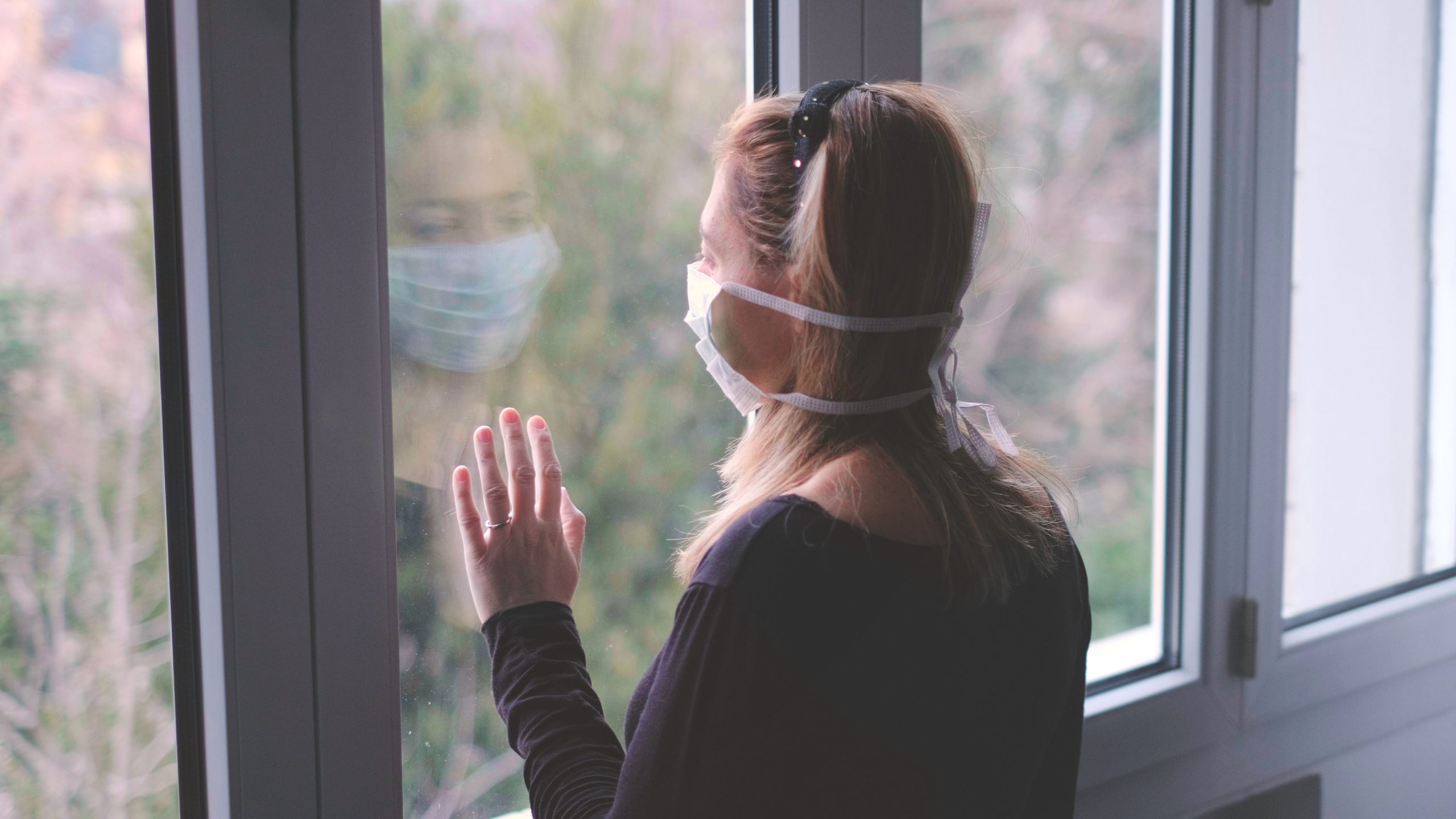
Interview with Colorado Firefighter Kirsten Barry: The Effects of Covid19
Introduction
The Covid-19 pandemic has had a profound impact on various professions, including those on the front lines, such as firefighters. In this comprehensive guide, we have the privilege of interviewing Kirsten Barry, a dedicated firefighter from Colorado, to gain insights into the effects of Covid-19 on her profession. Through this interview, we aim to shed light on the challenges, adjustments, and resilience demonstrated by firefighters during these unprecedented times. Kirsten’s experiences and perspectives will provide valuable insights into the unique challenges faced by firefighters and the strategies they have employed to protect themselves and their communities.
Introduction to Kirsten Barry and her Role as a Firefighter
- Background and experience in firefighting
- Overview of the responsibilities and demands of the job
- The impact of Covid-19 on the firefighting profession
Understanding the Impact of Covid-19 on Firefighting Operations
- Changes in emergency response protocols
- Implementing new safety measures and procedures
- Balancing pandemic-related responsibilities with routine firefighting duties
Maintaining Physical and Mental Health during the Pandemic
- Ensuring personal protective equipment (PPE) availability
- Strategies for managing increased stress and anxiety
- Promoting wellness and resilience within the firefighting community
Collaborative Efforts with Health and Emergency Services
- Collaborating with healthcare professionals and EMS providers
- Assisting with Covid-19 testing and vaccination efforts
- Strengthening partnerships and communication for efficient response
Addressing the Challenges of Limited Resources
- Managing shortages in staffing and equipment
- Finding innovative solutions to overcome resource limitations
- Advocating for adequate funding and support for firefighting agencies
Education and Training in the Context of Covid-19
- Adapting training programs to meet safety requirements
- Incorporating Covid-19-specific education into firefighter training
- Ensuring ongoing professional development amidst pandemic challenges
Community Outreach and Education
- Communicating public health information to the community
- Addressing misinformation and promoting accurate knowledge
- Engaging with the community to foster cooperation and understanding
Lessons Learned and Future Preparedness
- Identifying key lessons from the pandemic experience
- Enhancing preparedness for future public health crises
- Fostering resilience and adaptability in the firefighting profession
Personal Reflections and Advice
- Kirsten Barry’s personal experiences and lessons learned
- Advice for aspiring firefighters during challenging times
- Words of appreciation and encouragement for the firefighting community
Conclusion
The Covid-19 pandemic has presented unprecedented challenges for firefighters like Kirsten Barry. This comprehensive guide has provided valuable insights into the effects of Covid-19 on the firefighting profession, highlighting the resilience, adaptability, and dedication demonstrated by firefighters in the face of adversity. By learning from Kirsten’s experiences, we can gain a deeper appreciation for the sacrifices and commitment of firefighters and strive to support them in their critical role of ensuring public safety, even during the most challenging times.
Promoting Firefighter Safety and Well-being
- Implementing strict hygiene practices and protocols
- Providing access to mental health resources and support
- Prioritizing regular testing and vaccination for firefighters
Supporting Firefighters’ Families and Loved Ones
- Recognizing the impact on firefighters’ personal lives
- Establishing support networks for families
- Encouraging open communication and understanding
The Role of Technology in Firefighting during the Pandemic
- Utilizing virtual training and communication tools
- Implementing remote incident management systems
- Exploring innovative technologies for enhanced firefighting capabilities
Enhancing Public Awareness and Appreciation for Firefighters
- Educating the public about the challenges faced by firefighters
- Celebrating and honoring firefighters’ efforts during the pandemic
- Advocating for adequate resources and support for the firefighting community
Long-Term Impacts and Lessons for the Future
- Assessing the long-term effects of the pandemic on firefighting
- Identifying areas for improvement and preparedness
- Incorporating pandemic lessons into future emergency response planning
Collaboration and Cooperation in the Firefighting Community
- Building stronger partnerships with other emergency services
- Sharing best practices and lessons learned among fire departments
- Fostering a sense of camaraderie and support within the firefighting community
Acknowledging the Heroism and Resilience of Firefighters
- Recognizing the sacrifices and bravery of firefighters
- Celebrating stories of heroism and acts of courage
- Expressing gratitude and appreciation for the firefighting community
Conclusion
The interview with Colorado firefighter Kirsten Barry has provided valuable insights into the effects of Covid-19 on the firefighting profession. From adjusting operational protocols to prioritizing firefighter safety and well-being, Kirsten’s experiences highlight the challenges faced by firefighters and the strategies employed to overcome them. As we navigate through this pandemic and beyond, it is crucial to support and appreciate the brave men and women who risk their lives to protect our communities. By understanding their experiences and learning from their resilience, we can work together to ensure the safety and well-being of firefighters and the communities they serve.
Monika Wassermann is a doctor and a freelance writer based in the UK who lives with her cat Buddy. She writes across several verticals, including life, health, sex and love, relationships and fitness. Her three great loves are Victorian novels, Lebanese cuisine, and vintage markets. When she’s not writing, you can find her trying to meditate more, weightlifting, or wandering around in town.
[email protected]
- Kado Bar Vapes: Flavorful Delights and Bundles for All - October 10, 2023
- CBD Tincture By Just CBD-0Navigating the CBD Oasis: A Fun-Filled Journey Through JustCBD’s Tinctures - September 22, 2023
- Interview with Colorado Firefighter Kirsten Barry: The Effects of Covid19 - June 22, 2023


